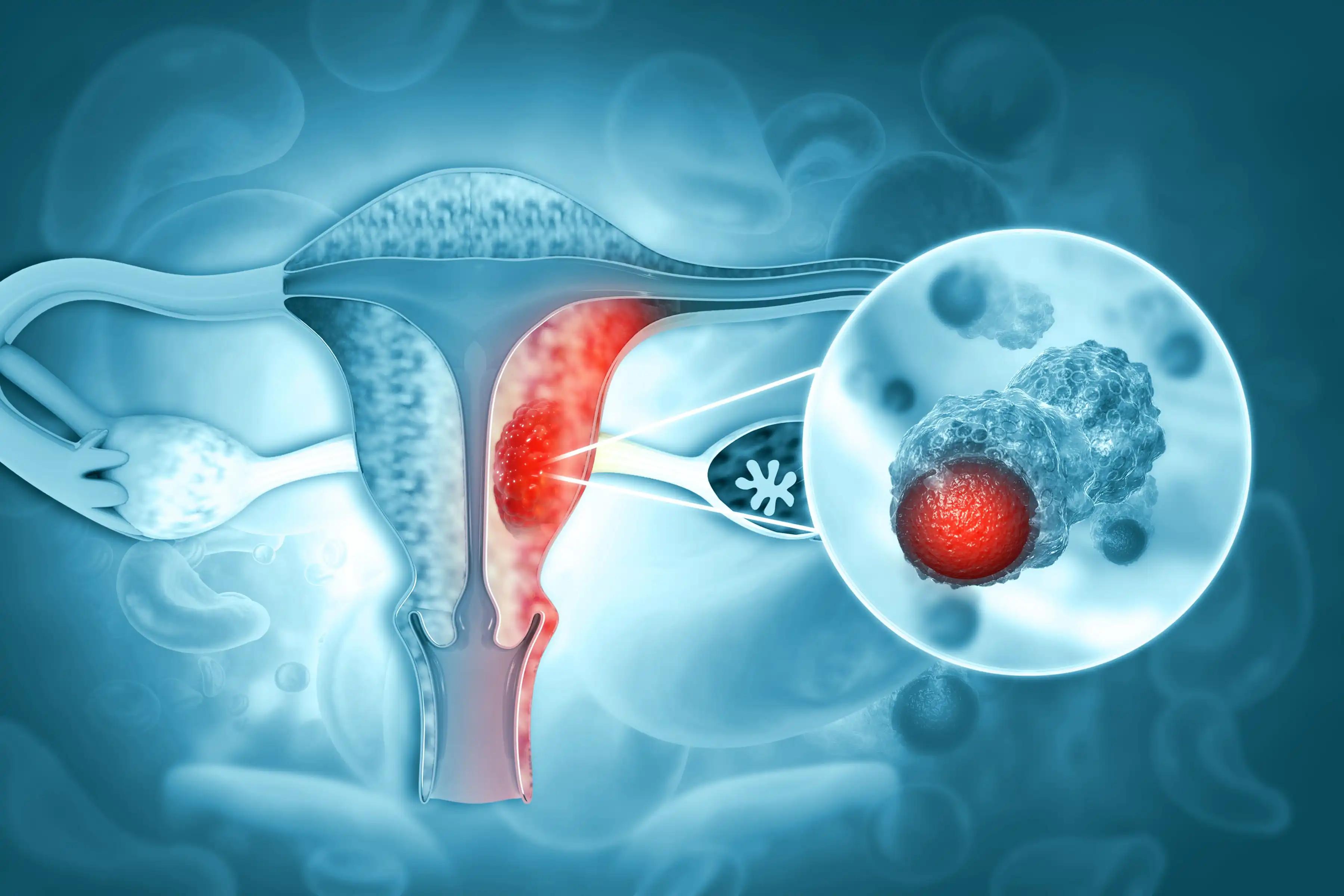KEY TAKEAWAYS
- The study aims to evaluate the effectiveness of GnRH-a in treating AEH and early EC.
- GnRH-a-based fertility-sparing treatment could offer a promising alternative for patients with obesity and recurrent EC.
About 4% of women are diagnosed with endometrial cancer before age 40, particularly those without prior childbirth and a strong desire to preserve fertility. For young patients with atypical endometrial hyperplasia (AEH) or early endometrial carcinoma (EC), high-dose oral progesterone has been used to preserve fertility.
However, research indicates a significant relapse rate and potential side effects, including impaired ovarian function, weight gain, liver issues, blood clotting, and breast cancer risk.
This study previously evaluated the clinical effectiveness and pregnancy outcomes of gonadotropin-releasing hormone agonist (GnRH-a) re-treatment in women with EC and AEH who did not respond to oral progestin therapy but achieved positive treatment and reproductive results.
Qian Liu and the team aimed to determine the effectiveness of GnRH-a-based re-treatment for a complete response (CR) at 24 weeks in patients with AEH or EC.
This research will be a multicenter, open-label, randomized, investigator-initiated trial with 2 arms that will evaluate the effectiveness of 2 combinations: GnRH-a with the levonorgestrel-releasing intrauterine system, and GnRH-a with an aromatase inhibitor (a subcutaneous GnRH-a injection every 4 weeks and 2.5 mg of oral letrozole daily).
The study will involve 226 participants who will be randomly assigned to 1 of the 2 treatment groups in a 1:1 ratio. The secondary objectives of the study include determining the pregnancy rate at 12 weeks post-treatment, pregnancy outcomes following treatment, and the recurrence rate.
There is a need for new treatment approaches for EC and AEH that can achieve higher CR rates with fewer adverse effects, as prospective evidence supporting conservative treatment is limited.
This trial will investigate the efficacy of GnRH-a-based fertility-sparing treatment in obese women and individuals with recurrence, providing a potentially promising alternative treatment for patients with EC and AEH.
This study received support from the National High-Level Hospital Clinical Research Funding (2022-PUMCH-B-082) and the National Key Research and Development Program of China (2022YFC2704405).
Source: https://pubmed.ncbi.nlm.nih.gov/39223633/
Liu Q, Zhou H, Yu M, et al .(2024). “GnRH-a-based fertility-sparing treatment of atypical endometrial hyperplasia (AEH) and early endometrial carcinoma (EC) patients: a multicenter, open-label, randomized designed clinical trial protocol.” Trials. 2024;25(1):578. Published 2024 Sep 2. doi:10.1186/s13063-024-08414-0



